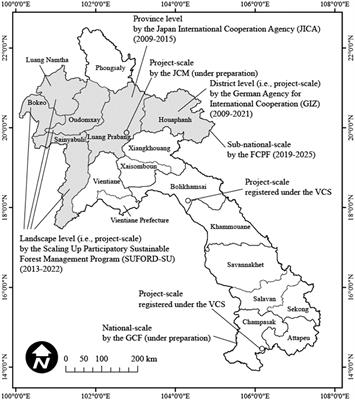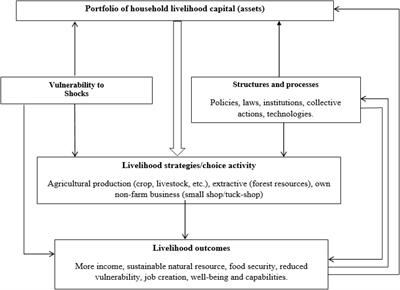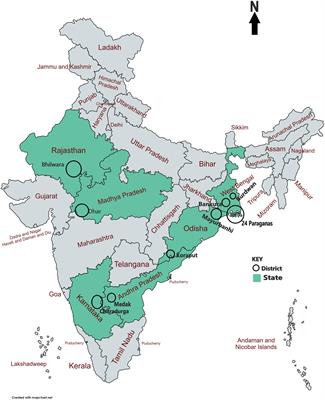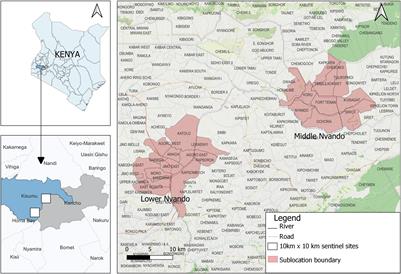PERSPECTIVE
Published on 12 Oct 2022
Lessons from project-scale reducing emissions from deforestation and forest degradation: A case study in northern Lao People’s Democratic Republic

doi 10.3389/ffgc.2022.869212
- 1,405 views
- 1 citation
2,827
Total downloads
14k
Total views and downloads
PERSPECTIVE
Published on 12 Oct 2022

ORIGINAL RESEARCH
Published on 25 Aug 2022

REVIEW
Published on 28 Jun 2022

ORIGINAL RESEARCH
Published on 14 Jan 2022
